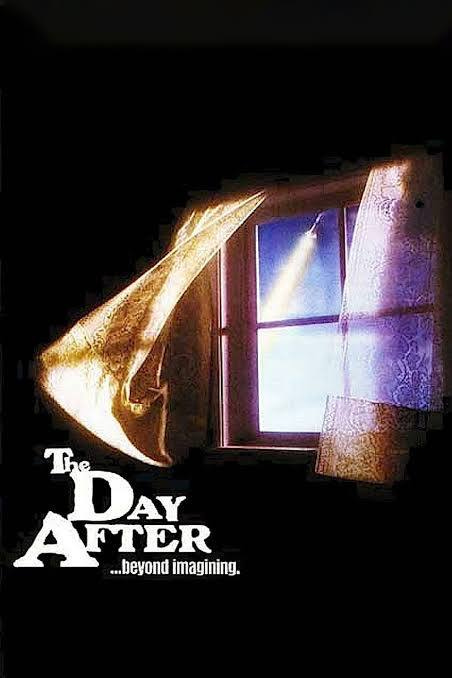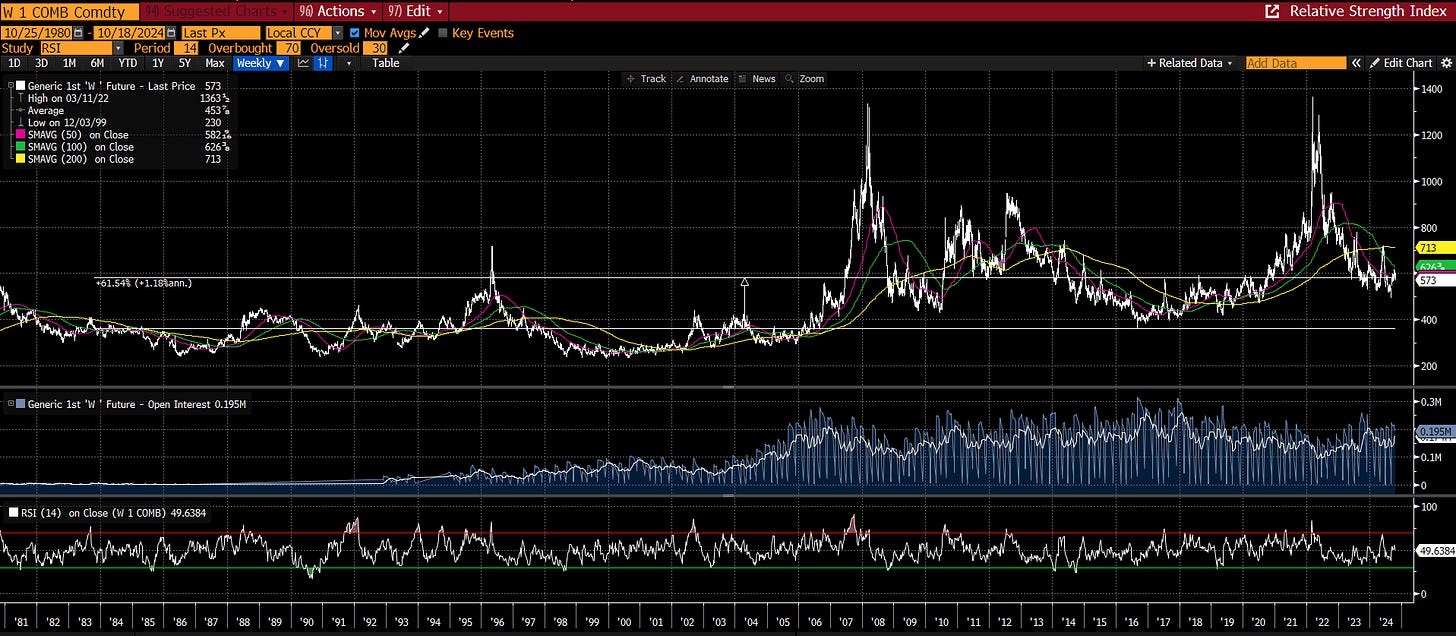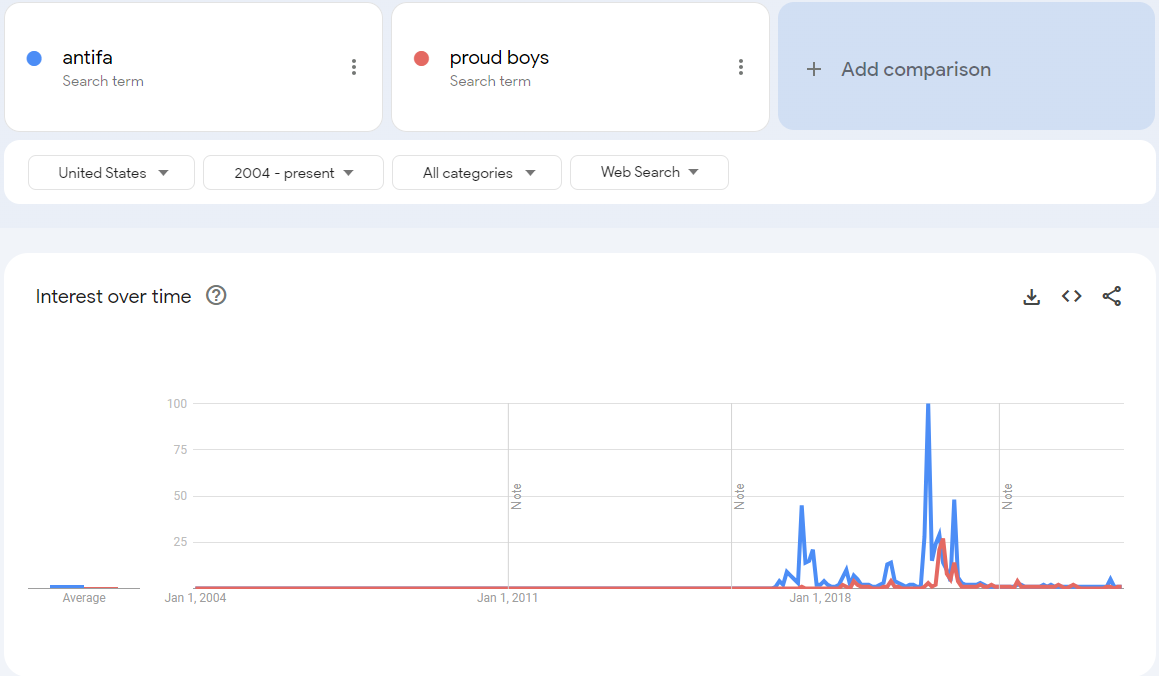The Day After
Or more likely, the weeks after
Summary
Divisiveness in the US: A parallel is drawn between past and current divisions in America, focusing on Lawrence, KS. It highlights Lawrence’s role in past election fraud and its symbolic status as a political outlier amidst a predominantly conservative state, relating this to current political polarization.
Potential Election Outcomes: The political impact of a Trump or Harris victory is discussed, with Harris's win predicted to result in peaceful, uncontested continuity, while a Trump win could trigger protests and mental health crises, particularly among university communities. Protests might focus on Trump’s policies, but exhaustion within liberal circles is noted.
Tariffs and Economic Implications: The potential re-emergence of tariffs under Trump is analyzed, including their historical role in US politics and the complexities surrounding their economic impact. It suggests that tariffs could harm trade but might also serve as a tool for reducing US dependence on China while increasing government revenues.
Top Comment
Les adds more:
Anecdotally, my Uber driver in Phoenix complained of all the additional drivers lining up to compete for rides at Sky Harbor Airport and was desperately in search of any full time work to replace her inadequate income from her “gig”. Would be really interesting to get at revenue per driver data from Uber.
MWG: While we don’t have the data disclosed in the manner you request, we know that the number of Uber drivers has surged in the past year by roughly 25% while users and trips are only up 13.6% and 8.7% respectively. As incremental users are almost certainly lower volume than early adopters, this seems like a preordained outcome:
The Main Event
In 1983, back in the days before cable and then internet expanded the viewing options, ABC debuted the made-for-tv movie, The Day After. Over 100 million viewers tuned in. The full movie is available on YouTube.
Set in Lawrence, KS, the movie begins with a fantastic glimpse into early-1980s Americana, including a voiceover crop report revealing the price of wheat at $3.75/bushel. With prices currently at $5.73 a bushel, this measure of inflation is muted at 1.2% a year.
Lawrence, KS is also a fine place to discuss our currently divided country and the “Day After” an election that threatens to divide our country in a manner not seen in over 100 years. I’m going to split the impact of the election into three sections, Political, Economic, and Foreign Affairs, and use the next three weeks to evaluate the likely impact of wins by Harris and Trump. I’m going to attempt to be as bi-partisan as possible. Feel free to check me if you believe I’ve been unfair. This week, I’ll start with Political since nothing particularly interesting will happen on the economic and foreign affairs fronts until January.
With the University of Kansas as its main economic engine, Lawrence sits like a great blue lake amidst a red desert. Complete with Palestinian protests, and a flourishing DEI policy that resulted in a rebuke from the Kansas state legislature, those inhabiting Lawrence may very well think, “Toto, I've a feeling we're not in Kansas anymore.”
For Lawrence to feel isolated politically is part of its history. Formed as a “free-state” bastion during the debates around Kansas's admission to the United States, Lawrence was the setting for ONE of the more brazen election frauds in US history. It is also, to quote the city home page, “one of the few cities in the U.S. founded strictly for political reasons.” The origins of the Republican party can be traced to organized resistance to pro-slavery forces that emerged during the Bloody Kansas period, during which Missourians crossed state lines to vote in the 1855 Kansas Territory legislature. With only 2,900 registered voters, over 6,000 votes were cast. In Lawrence, the outcome was even more lopsided, as only 243 registered voters managed to vote 1,043 times. A decisive victory for pro-slavery forces was declared, but local free-staters formed a shadow government in June 1855 with the objective to “resist any laws that the legislature may pass.” This shadow government remained in place until the admission of Kansas as a free-state in 1861, a mere three months before the outbreak of the US Civil War. An uneasy truce remained until November 1855, when an altercation between a pro-slavery advocate and a free-stater over property lines devolved into the death of the pro-slavery advocate. The jailed free stater was summarily freed by vigilantes, who, upon further reflection, “realized the pro-slavery people would label this act of breaking someone out of jail as an insurrection. They realized the militia would be called to carry out the arrests of those who broke Branson out of jail, but that they would likely use it as an excuse to destroy Lawrence. The rest of the city was unaware of the rescue.” (source Wikipedia)
Note that at every step in this process, reasonable (and LARGELY) non-violent reactions to political conditions slowly escalated with those opposing taking actions reasonable to themselves, but “upon further reflection” clearly escalating tension with those opposed. Ultimately, Lawrence was sacked after accepting a city charter from the shadow legislature while refusing an official city charter from the pro-slavery legislature. A giant middle finger was given to the elected legislature, which responded with a giant fist.
The vote in Kansas is almost certain to flow to Trump. Kansas has not sent blue electors since Lyndon Johnson in 1964:
But Lawrence is a different matter. And the insular nature of university campuses suggest here is where the question of “What happens the day after?” the election is likely to be resolved.
I do not watch Tucker Carlson, but I do read transcripts. A recent interview with Mark Halperin, a Me Too era casualty recast as a right-wing propagandist was interesting for an assertion:
Tucker Carlson: Let’s say Trump wins three weeks from today. What happens?
Mark Halperin: I say this, not flippantly. I think it will be the cause of the greatest mental health crisis in the history of the country. I think tens of millions of people will question their connection to the nation, their connection to other human beings, their connection to their vision of what their future for them and their children could be like. And I think that it will require an enormous amount of access to mental health professionals. I think it'll lead to trauma in the workplace. I think there'll be some degree of — 100% serious? 100% serious. I think there'll be alcoholism. There'll be broken marriages. Yeah, they think he's the worst person possible to be president. And having won by the hand of Jim Comey and fluke in 2016 and then performed in office for four years and denied who won the election last time and Jan. 6, the fact that under a fair election, America chose, by the rules pre-agreed to, Donald Trump again, I think it will cause the biggest mental health crisis in the history of America. And I don't think it will be kind of a passing thing, that by the inauguration will be fine. I think it will be sustained and unprecedented and hideous. And I don't think the country is ready for it.
Certainly, from my experience, I think this is a possible outcome. University of Kansas students were outraged that chalk pro-Trump messages were left on University sidewalks in March 2016 (during campaigning when one might expect political messages to appear on campus):
“The issue isn't whether a student chalked or if it was approved,” (former student senator) Huma tweeted later. “The issue is folks in the KU vicinity support a racist, sexist demagogue.”
Nor were the students mollified when the KU News service pointed out that the chalking may have been done by someone from outside the school community.
“@KUnews does it matter? The presence of support is on campus, and that's enough,” KU student Brittany Bodenheimer tweeted in reply. “Almost more concerning if it wasn't a Jayhawk.”
In a related article after Trump’s election in 2016, a student (noted as white heterosexual) shared their concerns:
Paisley said he thinks that Trump has a moral obligation to make sure citizens know that they are safe in their identities.
“And [Trump] making it clear that nobody’s rights are going to be rolled back, and that nobody is going to imprisoned recklessly, and so on and so forth," he said. "People are scared and they need to be consoled. If Trump wants to be the president, this is now his responsibility, and so far I have not seen him step up to it.”
Much attention is rightly paid to the horrific events of January 6, 2020, and to be clear I find all discussions of that event from both sides to be outrageous. In contrast, very little acknowledgment is given to the emergence of “#Resist” and “Antifa” in the aftermath of the Trump election:
Right-wing reactionary groups, like the Proud Boys, largely emerged as a response to left-wing protests from the loosely organized “Antifa.”
And all three disappeared with the election of Joe Biden.
There may be uncertainty about the election, but fears about a wave of retribution from the right against the left should the election go to Kamala Harris seem unfounded; the contra, the re-emergence of Antifa and #Resist under Donald Trump, however, seems almost certain. Whether this rebirth gains broader support is the key question. And whether a supported protest movement gains new followers as well.
My hunch is that the relative LACK of protests against Trump on college campuses in 2024 is a sign that they will not. Protests against Palestine may morph into anti-Trump protests, but it feels like a touch of exhaustion is setting in for the liberal community and the sentiment on campuses has shifted much more pragmatic. The only notable outrage at Trump from the University of Kansas this election emerged from a (now-dismissed) professor.
Net Political Result:
Harris win — uncontested and likely peaceful, with status quo continuing and protest largely occurring through Red State policies
Trump win — contested and possibly protested; violence only emerging in response to actions by Trump protesters.
Undecided election — lots of rhetoric and arguing, with outcomes likely resolving to the above once clarity begins to emerge.
A Note on Tariffs
I’ll expand on this section next week, but tariffs are in the news.
“To me the most beautiful word in the dictionary is ‘tariff,’” the former president told an audience of about 600 business executives and others gathered in a basement ballroom of a hotel here during an interview with Bloomberg Editor in Chief John Micklethwait
Few are aware that the impetus for the first consumer price index research was tied to the election discussions of tariffs from the 1890 elections:









